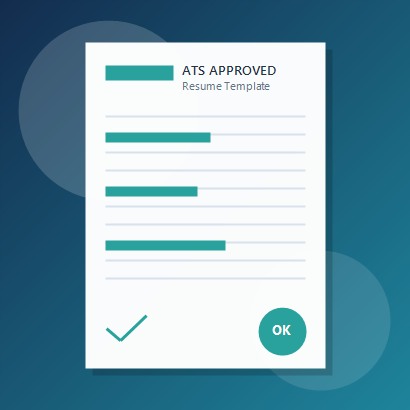The Crucial Role of Soft Skills in Job Matching
Resume Optimizer Pro Editorial Team
Updated September 18, 2024

When examining the current job market, employers are not just looking for candidates with technical expertise; they also seek individuals who possess a diverse set of soft skills. These intangible qualities, such as communication, teamwork, problem-solving, and adaptability, play a pivotal role in determining an individual's success in the workplace. In this article, we'll explore the significance of soft skills in job matching and how they can impact your career trajectory.
Understanding Soft Skills
Soft skills, often referred to as "people skills" or "interpersonal skills," encompass a broad range of attributes that are not easily quantifiable but are crucial for effective workplace interactions. While hard skills are typically job-specific and can be taught and measured, soft skills are more innate and revolve around how individuals interact with others and navigate various situations.
Examples of soft skills include:
- Communication: The ability to convey information clearly and effectively to others.
- Teamwork: The capacity to collaborate and work cooperatively with others toward a common goal.
- Leadership: The skill to inspire and motivate others to achieve success.
- Problem-solving: The capability to analyze issues and develop effective solutions.
- Adaptability: The capacity to adjust to new circumstances and challenges with ease.

The Importance of Soft Skills in Job Matching
While technical skills and qualifications may get you in the door, it's often your soft skills that determine whether you thrive in a particular role and organization. Employers recognize that individuals with strong soft skills are better equipped to handle the complexities of the modern workplace and contribute positively to team dynamics and organizational culture.
During the job matching process, employers assess candidates not only based on their technical competencies but also on their soft skills. They look for individuals who demonstrate the ability to communicate effectively, collaborate with colleagues, adapt to change, and solve problems creatively. Moreover, many hiring managers prioritize soft skills over technical skills when making hiring decisions, as they believe that technical skills can be taught, but soft skills are harder to develop.
Strategically Highlighting Soft Skills in Your Resume
Given the importance of soft skills in job matching, it's essential to strategically highlight them in your resume. However, effectively showcasing your soft skills can be challenging, especially when you're limited to a one or two-page document.
At Resume Optimizer Pro, we understand the significance of soft skills in the job search process. That's why we offer a unique feature that allows you to extract the soft skills required by a specific job posting and strategically place them within your resume. Our platform analyzes job descriptions and identifies the key soft skills sought by employers, giving you valuable insights into what recruiters are looking for.
With Resume Optimizer Pro, you can tailor your resume to match the soft skills requirements of your target job, increasing your chances of success in the application process. By strategically highlighting your soft skills, you can demonstrate to employers that you possess the qualities they value most and are well-equipped to excel in the role.
Conclusion
In conclusion, soft skills play a pivotal role in job matching and career advancement. Employers recognize the importance of soft skills in determining an individual's fit for a role and organization, and they prioritize these qualities when making hiring decisions. As a job seeker, it's essential to identify and showcase your soft skills effectively in your resume to stand out to potential employers.


